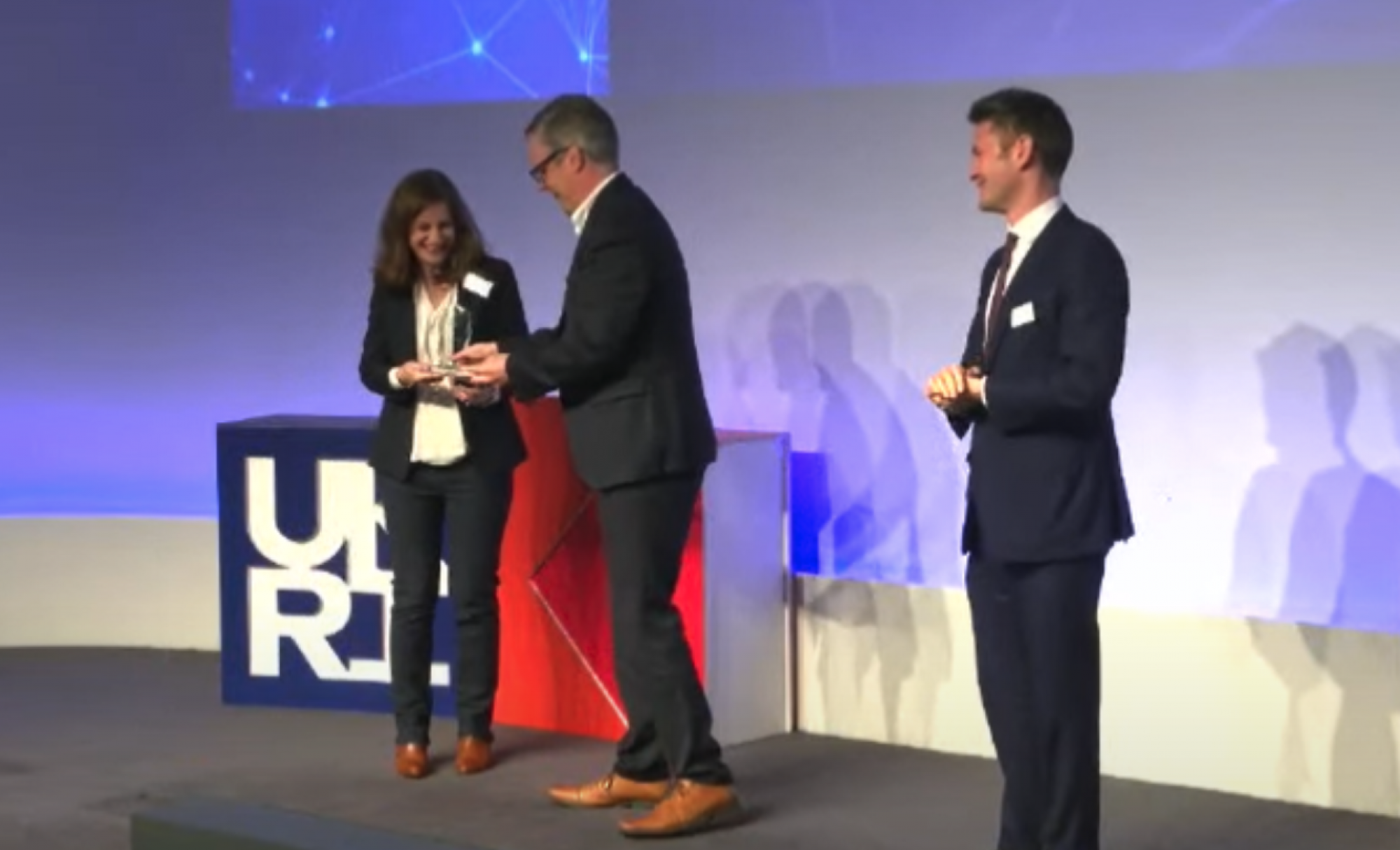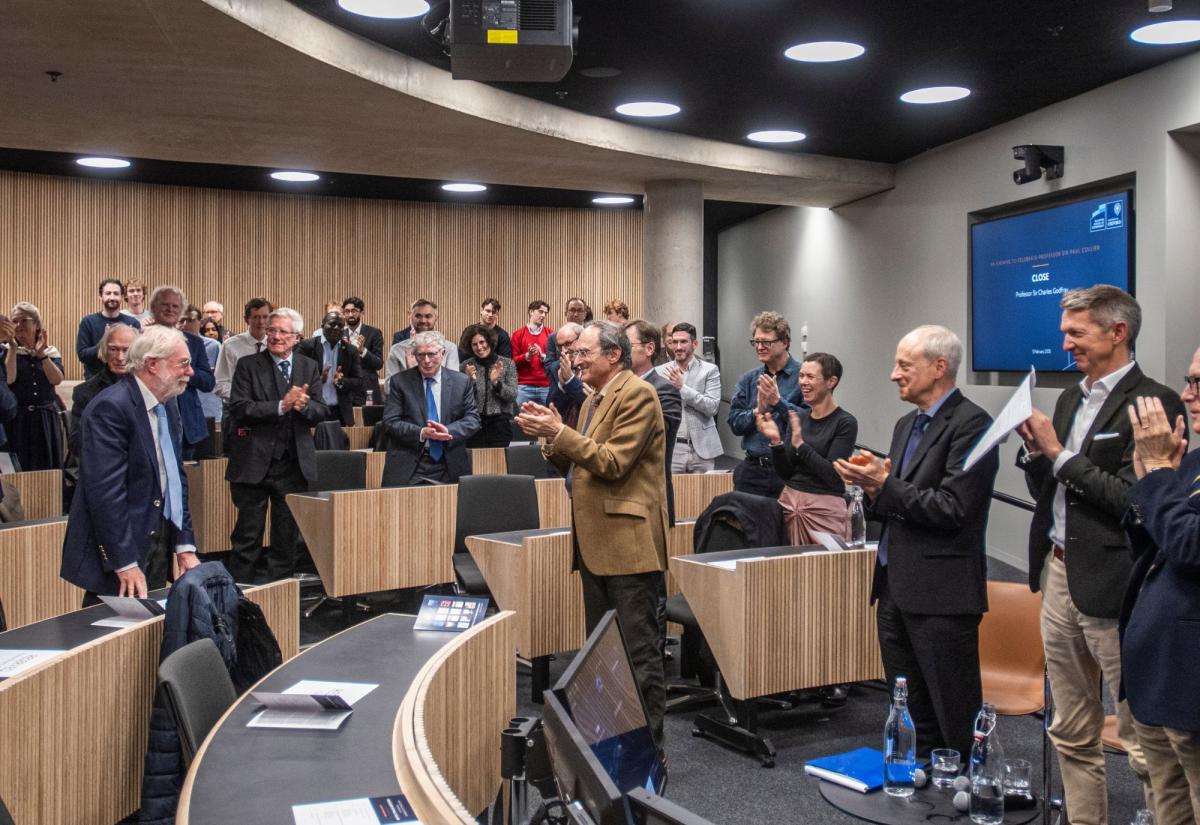
Kate Orkin influenced the South African government to provide cash grants to 28.5m people in need during COVID-19 and beyond
28.5m South Africans were helped; 5.5m were kept out of extreme poverty
The scheme represents the first comprehensive unemployment grant in the whole of Africa
Helping in the real world is "the whole reason I got into research in the first place", says Kate
Faculty member Kate Orkin has won the ESRC award for Outstanding Public Policy Impact, for her role advising the South African government during COVID-19 and beyond. She influenced £4.87 billion in spending that helped 28.5 million people and saved 5.5 million from extreme poverty.
One in five South Africans were going to bed hungry in the early days of the COVID-19 pandemic. With a hard lockdown in place and millions put out of work, the government was only managing to deliver food parcels – the normal method of support – to 12% of those in need.
Based on rigorous evidence from her previous research in Kenya, Kate influenced the South African government to instead give direct cash handouts: large enough sums to support families for months. This not only helped avert a national disaster, but had additional benefits in terms of economic activity.
Kate worked closely with research colleagues in South Africa and with civil servants – including a pivotal working relationship with Blavatnik School Master of Public Policy alumnus Saul Musker, who works in the South African President’s team.
Switching to cash grants allowed a massive scale-up of immediate support. “They switched to cash emergency aid and reached more people immediately”, says Kate. “Previously, 1.2 million people received food parcels - far below the number of people in need. The cash reached more than 28 million in five weeks and kept 5.5 million people out of food poverty.”
"350 [Rand - the monthly amount] is not a lot, but it goes a long way for a person that's not employed", says Tinswalo, 26, from Soweto, one of the recipients. "You can get your essentials."
Cash versus food parcels also allowed people to take control and invest in their future, benefitting individuals and the economy. After lockdown, people used it to look for work or start businesses – with the grants providing critical cash flow that allowed them to print off CVs, travel to interviews, and buy data to access the internet for online job searches and applications.
"If a job opportunity comes, you cannot take a food parcel to get there", says Tinswalo. "You need money to get there." Thabo, another beneficiary, says: "When I get the money, the first thing I think about is data. It allows me to apply for jobs [online]; look for opportunities to get back on my feet."
The new scheme has been rolled over since the pandemic, and, in a continent where food parcels rather than money is the normal method of support, represents the first comprehensive unemployment grant in the whole of Africa.
Kate said: “It’s such a privilege to win this award; but also to have done this work, alongside an amazing, dedicated, committed team of other researchers and civil servants. I’m so honoured and delighted to win this award. I’m incredibly proud of what we’ve managed to achieve: it’s the whole reason I got into research in the first place.”



